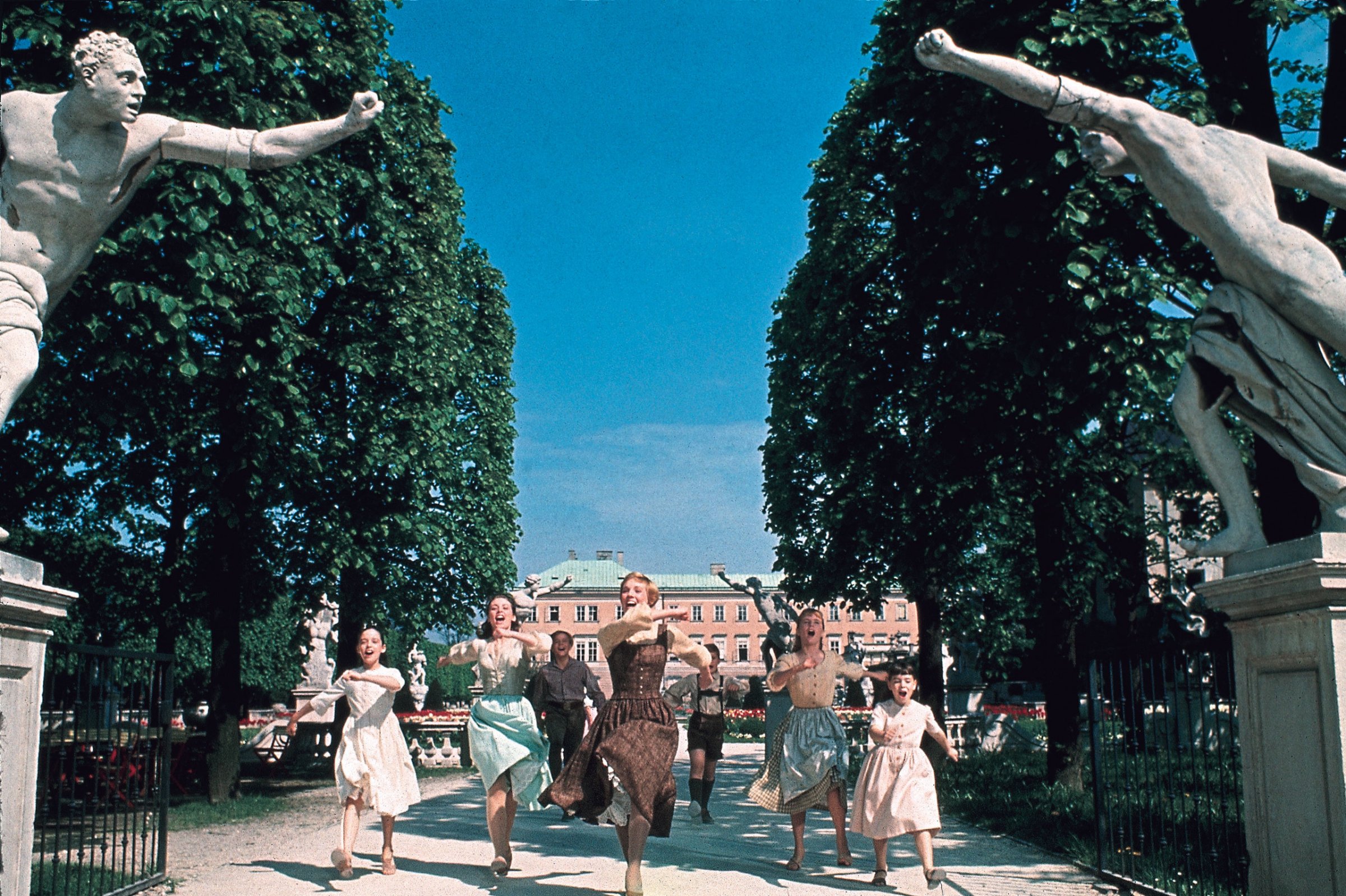
If you can complete the sentence, “The hills are alive,” and if you learned the phrase “auf wiedersehen” not from Heidi Klum on Project Runway but from the von Trapp children’s evening serenade, it might surprise you to learn that the film version of The Sound of Music was not an immediate critical success. The critical consensus found it saccharine and sentimental at best, a sugarcoated spin on the story it purported to tell.
But time has proven the critics wrong—or if not wrong, at least superseded by popular opinion. In the introduction to a new LIFE book on the movie, The Sound of Music: 50 Years Later, the Hills Are Still Alive, TIME’s film critic Richard Corliss unpacks its unlikely success. Despite its run as a musical alongside more modern shows like West Side Story and the movie’s release in the wake of Beatlemania, Corliss writes, “What seemed untimely turned out to be timeless.”
As next month marks half a century since Julie Andrews frolicked in a meadow beneath the snow-capped Alps, LIFE’s new book looks back on the ingredients that combined to cement the film’s place in cinematic history: the family whose story inspired the musical and, later, the film; the scenes behind the making of the movie; and the fuzzy feeling of maternal love that comes as a near-Pavlovian response to the sound of the words “doe, a deer.”
The book also offers a glimpse into some of the drama behind the drama. Christopher Plummer, for example, who played Georg von Trapp, nicknamed the project “The Sound of Mucus” for its maudlin disposition, and often appeared inebriated on set. Plummer was tapped for the role after Richard Burton, Sean Connery and Bing Crosby turned it down, but many believe his irritability offered just the right edge to his performance.
Julie Andrews had her Oscar-winning turn as Mary Poppins to thank for catching the eye of director Robert Wise, although she considered turning down the role of Maria for fear it was too similar to the sunny Poppins. Despite the movie’s success, Andrews’ compensation of $225,000 paled in comparison to the earnings of her Broadway counterpart, Mary Martin, who earned $8 million for the role over time.
The book also examines the ways in which the movie departs from its source material, from the family’s musical inclination before Maria’s arrival to the details surrounding their flight from Europe. In an interview for the book, Johannes von Trapp—the youngest of Maria and Georg von Trapp’s three children together (born after the seven depicted in the movie)—offered some perspective on what it means for your family’s story to undergo a Hollywood makeover. “I love the reality of my family’s story,” he said, “but The Sound of Music representation is such a change to the reality.”
Fans of the movie would do well to separate fact from fiction, but in the end, even a sugarcoated story can be an enduring one when just the right melodies play through the haze of nostalgia.
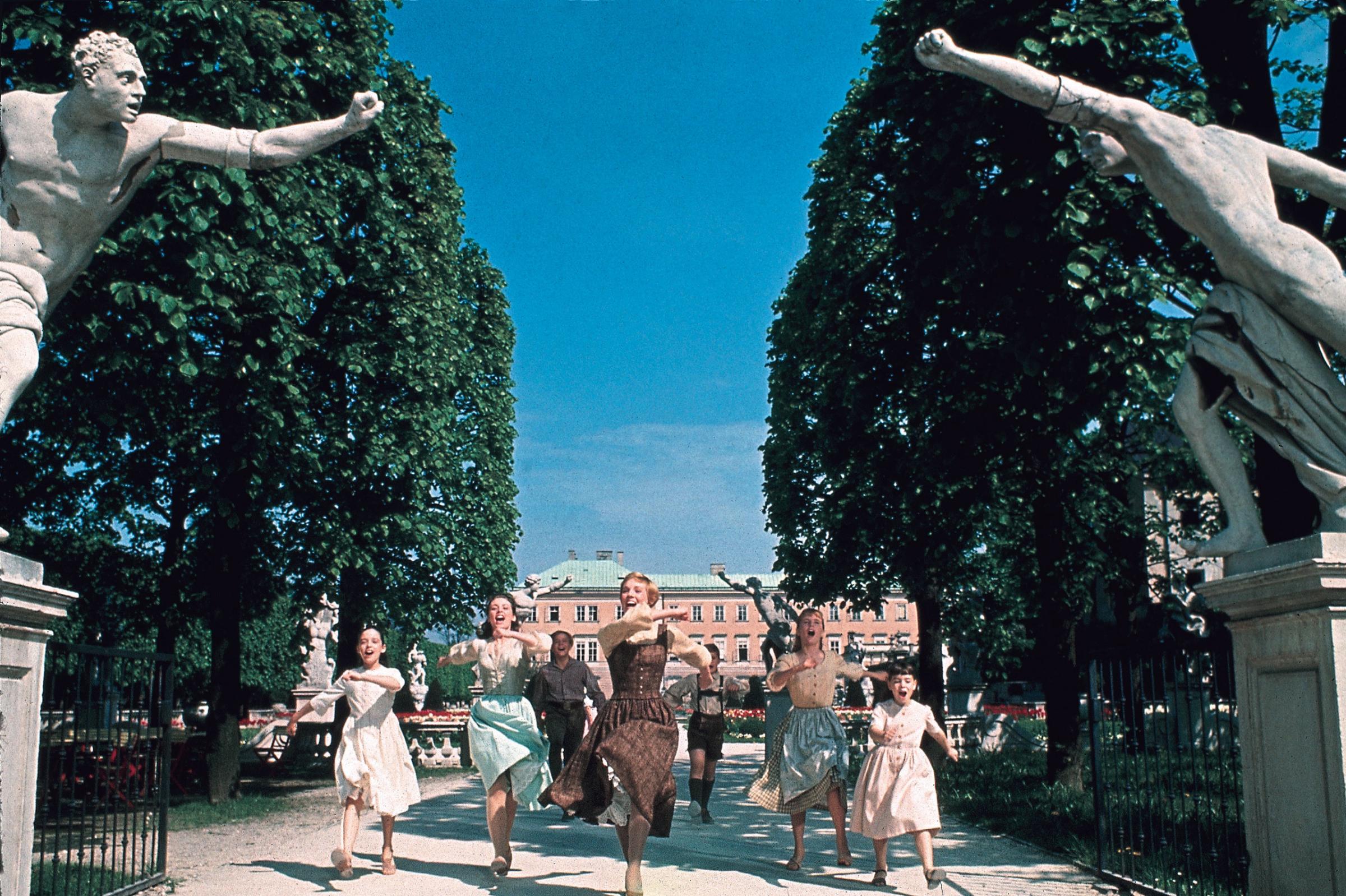
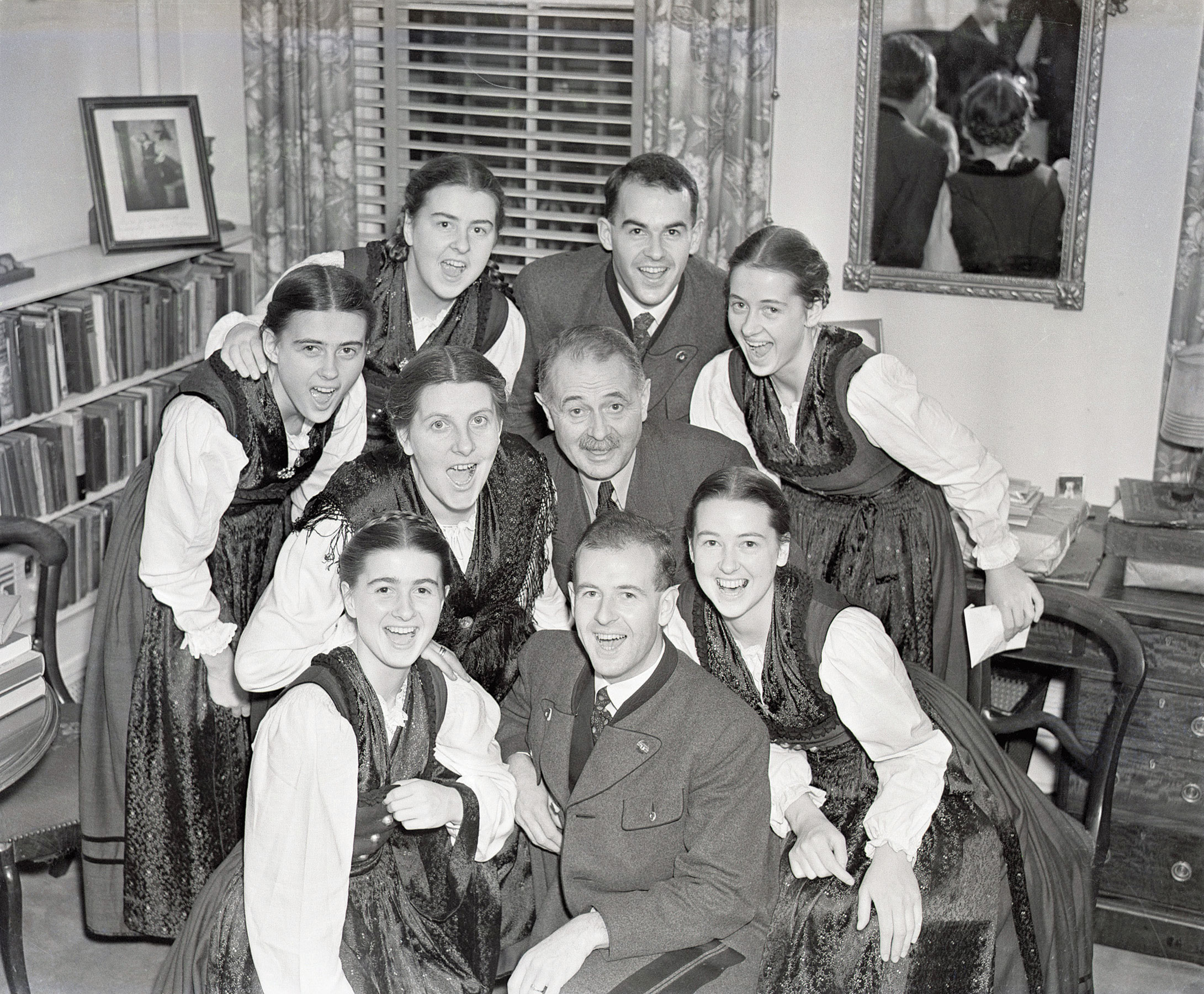
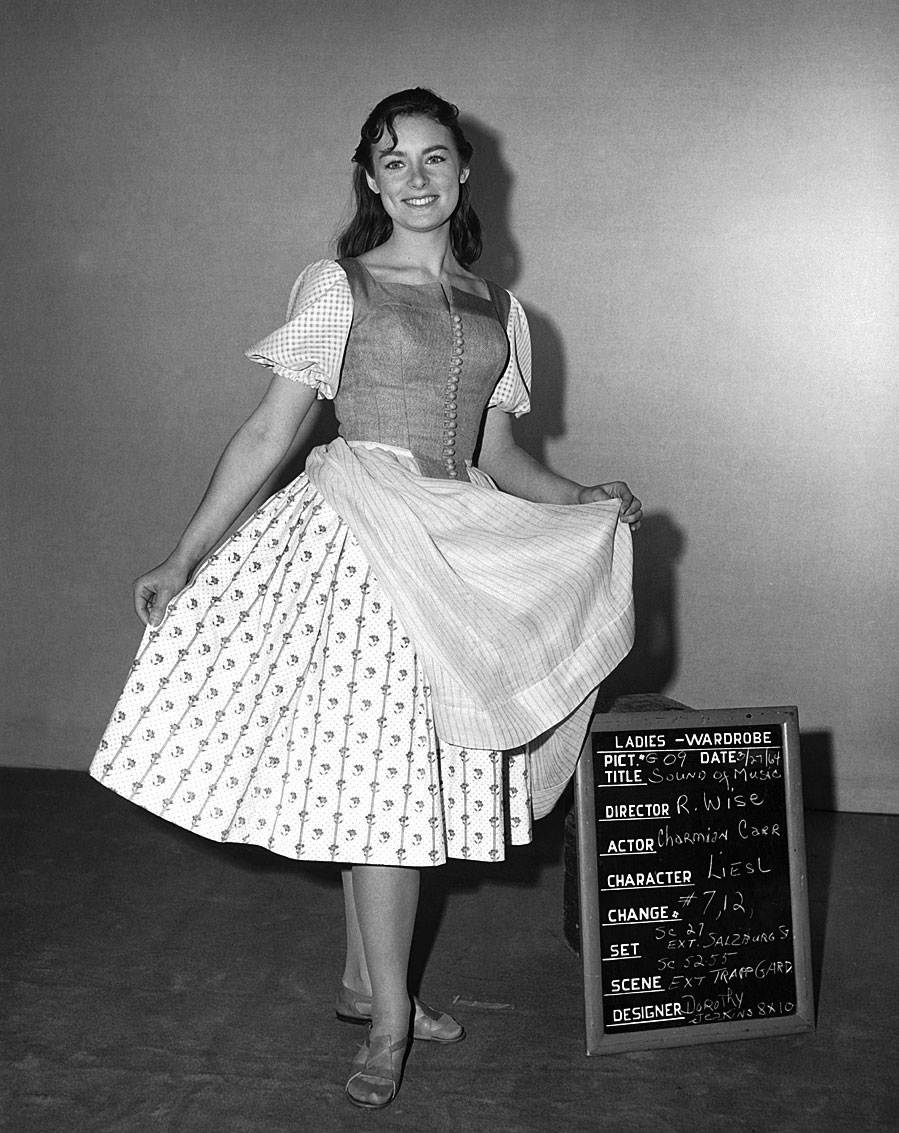

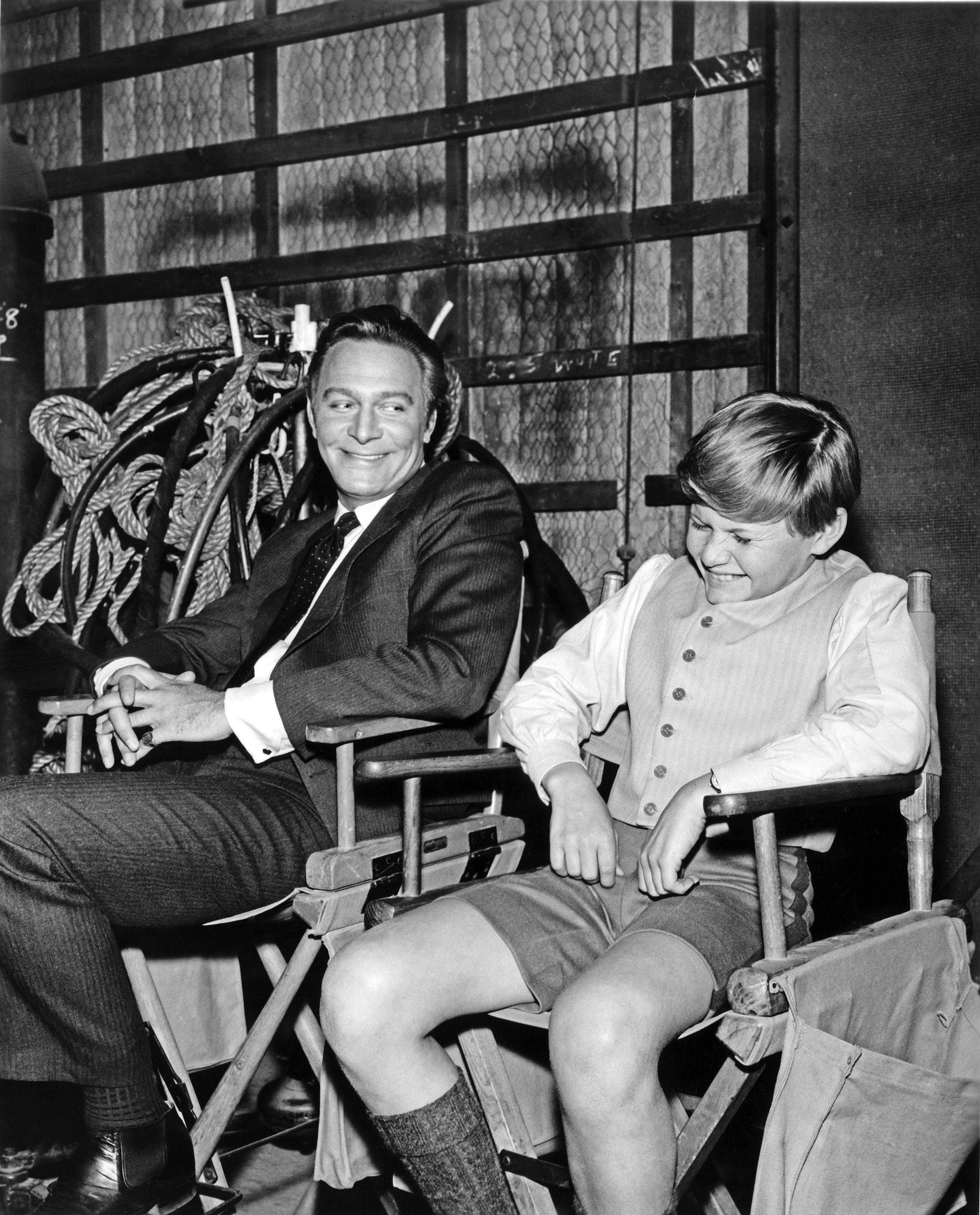
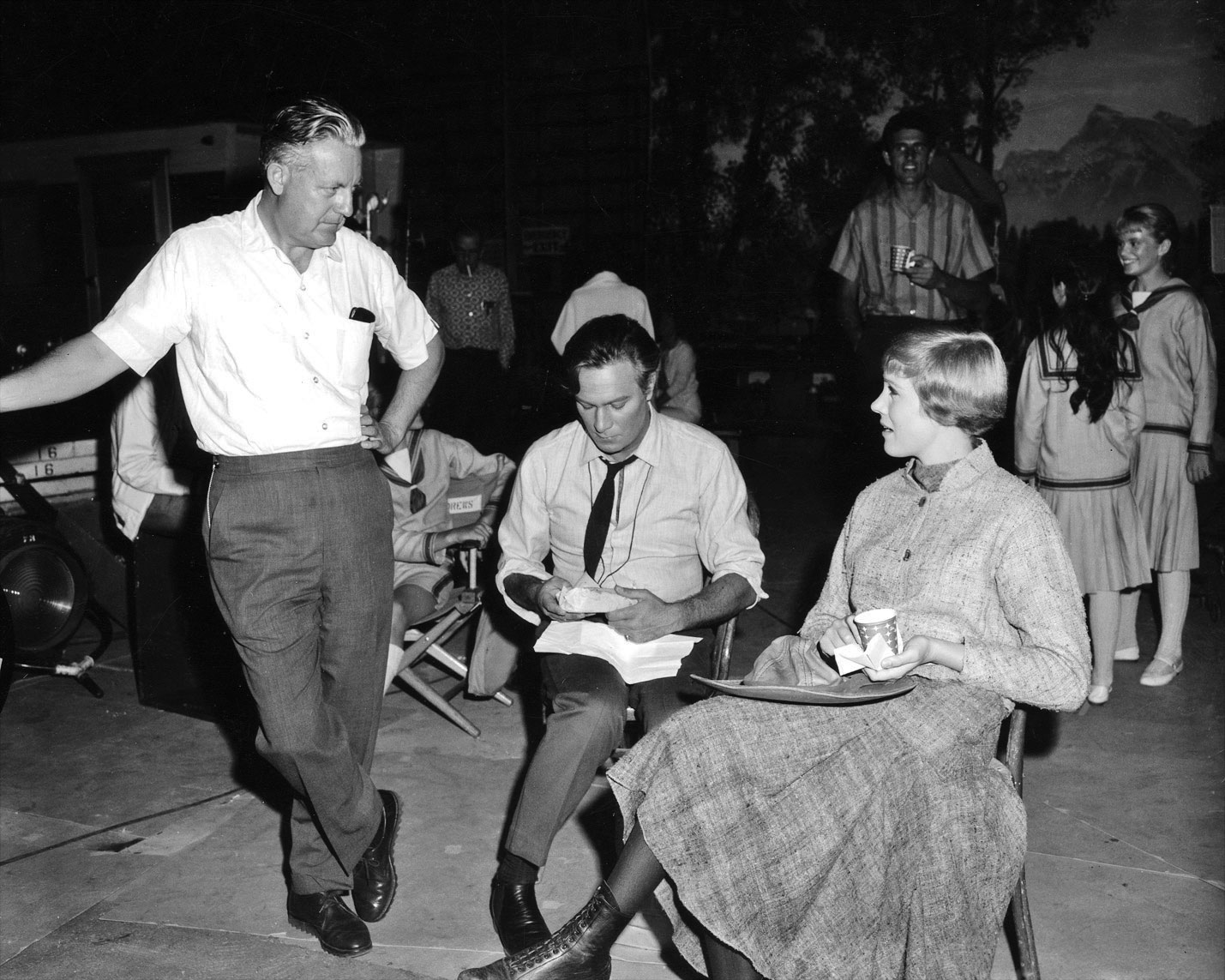
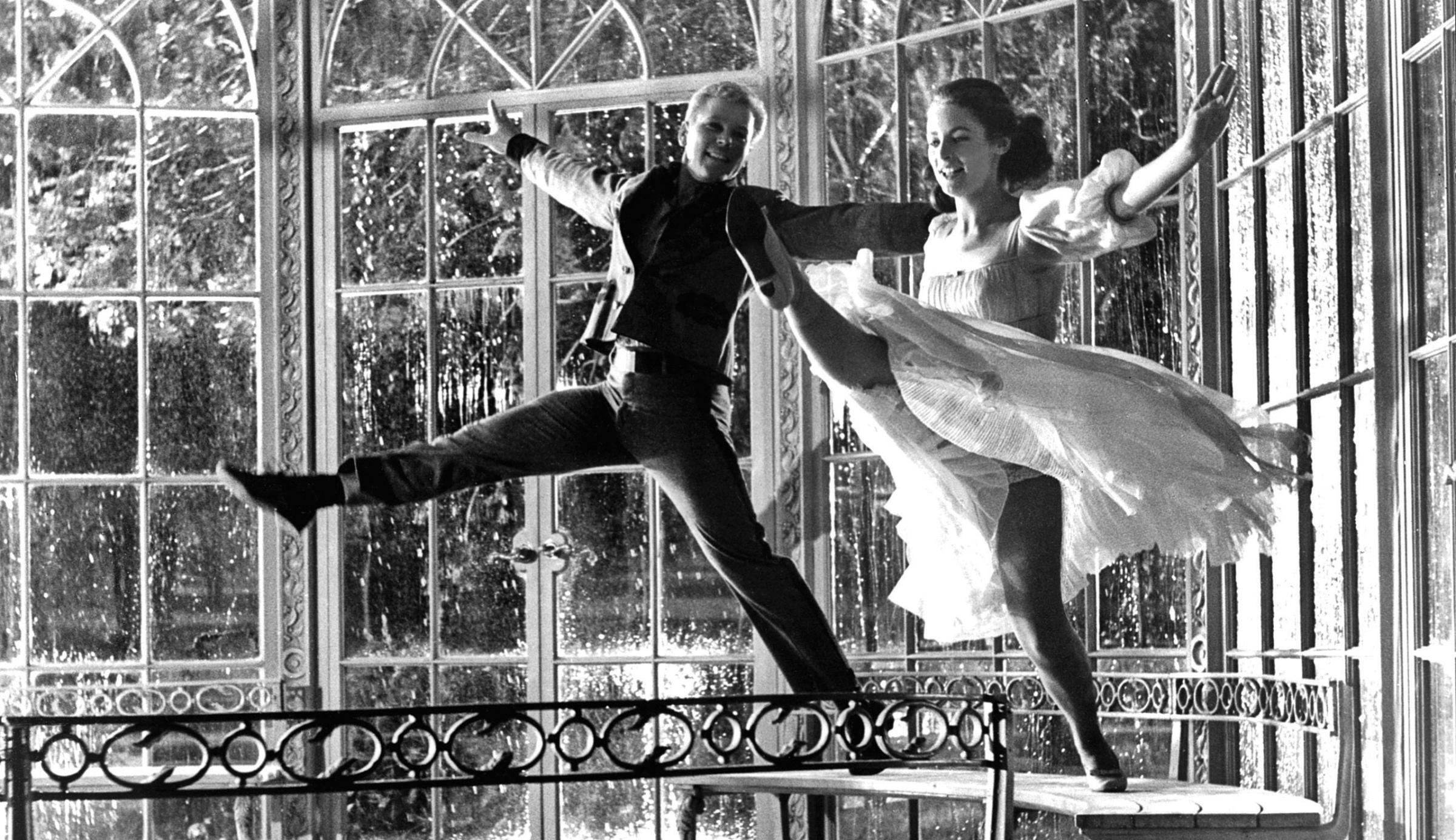

More Must-Reads from TIME
- Cybersecurity Experts Are Sounding the Alarm on DOGE
- Meet the 2025 Women of the Year
- The Harsh Truth About Disability Inclusion
- Why Do More Young Adults Have Cancer?
- Colman Domingo Leads With Radical Love
- How to Get Better at Doing Things Alone
- Michelle Zauner Stares Down the Darkness
Write to Eliza Berman at eliza.berman@time.com